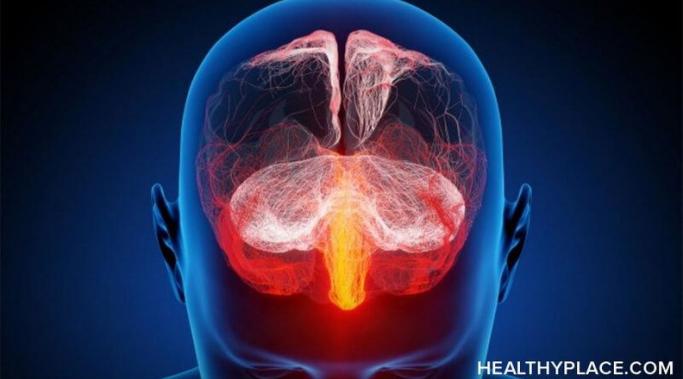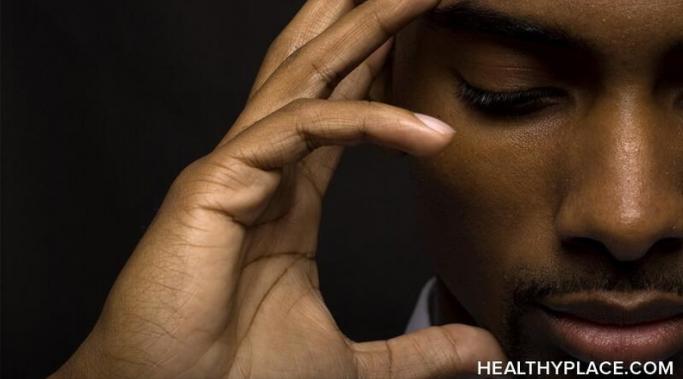Last night I drank.
Alcohol.
OK. You probably don't need to alert the media. But I do need to alert you about the horrible effects alcohol can have on a person with bipolar disorder.
Coping
Today I was made aware of a site that went up specifically to make fun of, and show hatred towards, those with bipolar disorder. Specifically, the site is aimed at me and all those who use psychiatric services in the treatment of mental illness. Whoever wrote the site feels it's okay to take advantage of people with an illness, people who are in pain.
Well, it's not OK. We're not a joke. We are people. Real, flesh and blood people. And we do not accept your hatred. I do not accept your hatred.
I don't have anything against people with a disability. Why would I? Being disabled means nothing about the individual, it simply indicates their situation. It would be like being against people with siblings. It would just be silly.
Nevertheless, when considering my own bipolar disorder, I bristled against the word "disability." I know; this is hypocritical of me and a double standard. It's OK for someone else to be disabled but not me? I'm embarrassed to even think it.
But bristle I have and think it I (mostly subconsciously) did. The truth is, though, I'm a person with a disability.
Bipolar disorder is an affective disorder, in other words it affects your emotions (among other things). Bipolar disorder symptoms are often about feelings. Well, they're about FEELINGS. I feel HAPPY. I feel SAD. I feel IRRITATED. I feel ENERGETIC.
But one thing that's rarely recognized is that sometimes bipolar disorder is about feeling nothing at all.
Last night I was feeding my cats and thinking suicidal thoughts - I like to call that a Wednesday night. And I was thinking to myself that no one (save others in my position) understands what that is like - to go from some sort of normal person in the daytime to a sobbing, suicidal headcase at night. I thought about the fact that I have spent eight years talking about this very disease, this very state, this very problem, and yet still, people don't get it. No matter how many words I use, no matter how I phrase it, people simply do not understand.
So what do we do with the lack of understanding by others?
Happy new year to everyone. Thanks to all for joining me for a wonderful year of information, interaction and debate. I have learned a lot and I hope you have too. But in case you missed it, here are the top ten articles people were reading from Breaking Bipolar last year:
New Year's is not such a bad time. It's about looking back and learning, I think. We can look back over the year and determine why we did what we did and what it is we should do about it. It's about new beginnings, fresh beginnings, a clean slate. All of that is lovely really.
But with all that comes the dreaded New Year's resolution - the thing we say, hand to heart, that we will endeavour to do in the following year. But really, these resolutions have a negative impact on the mentally ill.
Happy holidays, all. I am back from my family sojourn and feeling exhausted from it. Which is odd, actually, because nothing stressful happened. I worked, we ate, we played cards we pretended to be happy (some more than others) and the holiday passed by.
And a giant "meh" was heard by all.
And yet still I find myself crippled with exhaustion and stress post-holiday. Why, exactly, is that?
The holidays are no longer around the corner; the holidays are now here - on top of us. The holidays have overtaken us. They have lay siege to our everyday lives and they have won. The holidays! Ack!
And while this sieging of lives has its plusses (like prezzies) it also has its downsides - like instability.
So now that you're staring the fat man in the eye, here's what you need to know to have a safe holiday and an unhospitalized new year.
Recently someone who I consider a friend had some rather unfortunate things to say about me, including that I'm narcissistic. This, I do not believe to be true. Not even a little. Nevertheless, this particular insult echoed inside my brain over and over until I was sure it was stabbing the inside of my head with heated spikes.
I couldn't let it go.
I tried, really I did. I told myself it's not about me. It's just one person's opinion at one moment. It isn't true. And so on, and so forth. But my brain had a death-grip on the insult and refused to let it slip.
So what do you do when you're obsessive, bipolar brain turns to thoughts of crazy?



